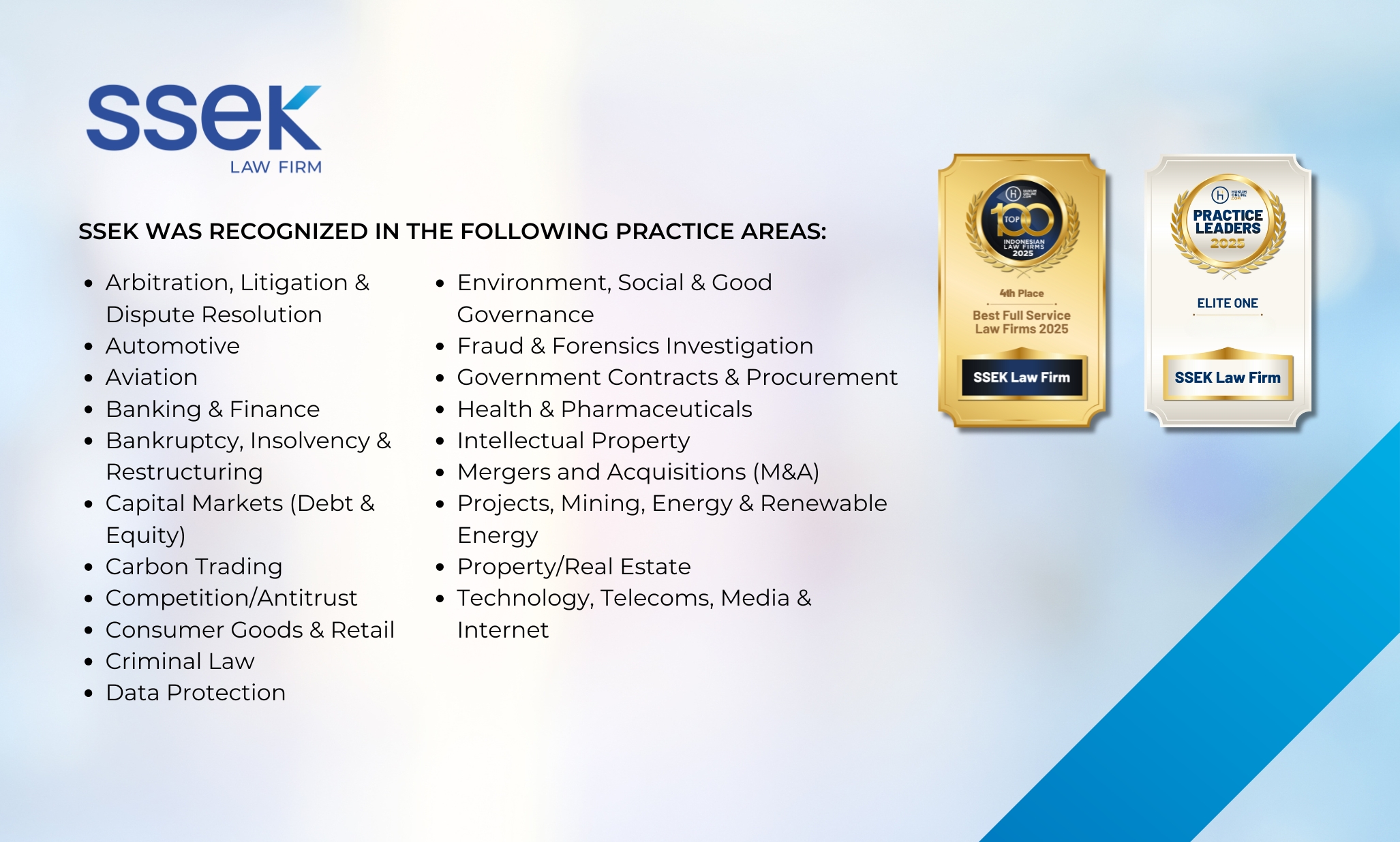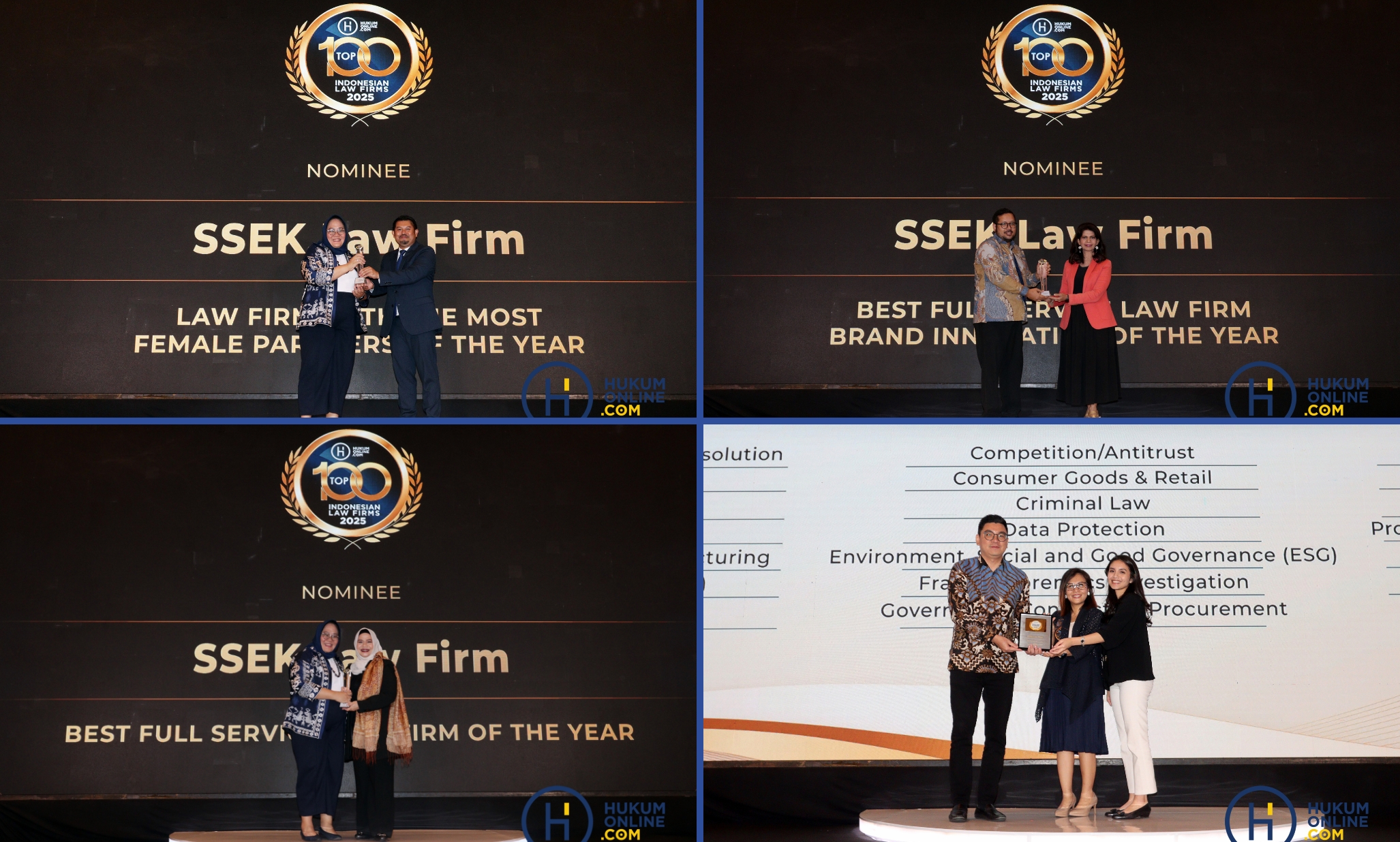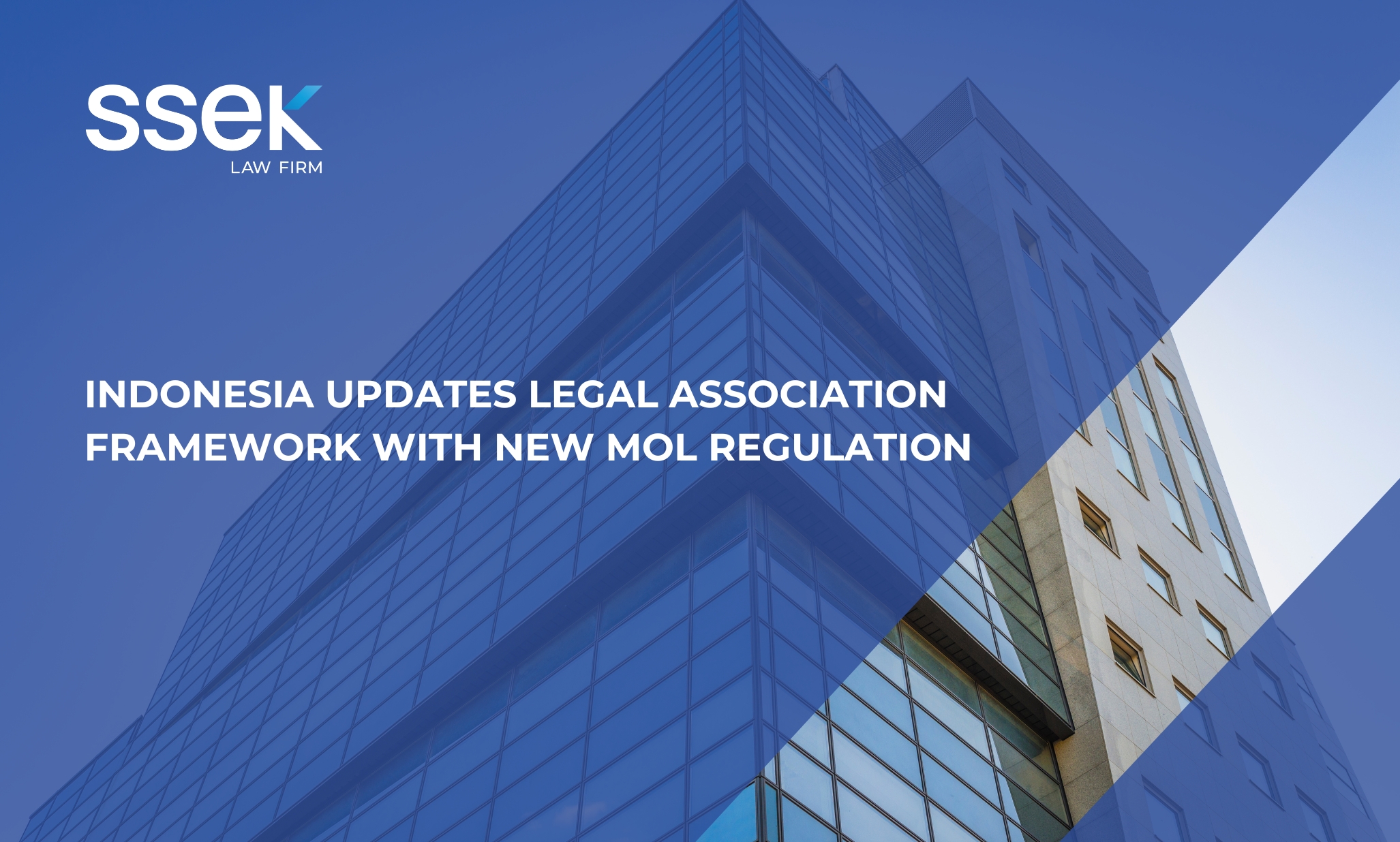

Indonesia's Constitutional Court (the "Court") issued decisions in two cases on June 4, 2012, that could help change the playing field in the mining industry, giving smaller companies the chance to compete with big miners.
In separate rulings in cases brought by tin miners from Bangka-Belitung Province, the Court found that several provisions of Law No. 4 of 2009 regarding Mineral and Coal Mining (the 2009 Mining Law) were unconstitutional and not binding.
Background: The 2009 Mining Law
The 2009 Mining Law was enacted to replace the 1967 Mining Law. The most noticeable feature of the 2009 Mining Law was the introduction of a licensing system involving various types of licenses, including Mining Business Licenses ("IUP"). The IUP replaced the contract and licensing system adopted in the 1967 Mining Law, which featured Mining Rights, Contracts of Work ("COW") and Coal Contracts of Work ("CCOW").
In the cases that went to the Constitutional Court, the Government argued that the 2009 Mining Law covered previously overlooked regulatory issues, providing the legal certainty necessary to promote a healthy investment climate while at the same time protecting the interests of all Indonesians. The petitioners, however, argued that the 2009 Mining Law only protected high-capital companies and did not offer the same legal protection to smaller businesses or individual miners.
Constitutional Court Review
The petitioners in the two cases asked the Court to review several provisions in the 2009 Mining Law, as follows:
- Article 22 (a), (c) and (f) regarding criteria to determine People's Mining Areas ("WPR");
- Article 38 regarding business entities that are entitled to obtain an IUP;
- Articles 51, 60 and 75 (4) regarding the tender process to obtain an IUP area and Special IUP area;
- Articles 52 (1), 55 (1) and 61 (1) regarding the minimum IUP area for the exploration of metal minerals, non-metal minerals and coal; and
- Articles 169 (a) and 172 regarding transitional provisions for a COW and CCOW.
The petitioners asked the Court to find these provisions unconstitutional and not binding on the grounds that they contradicted Articles 27 (1), 28D (1), 28I (2) and 33 (4) of the Constitution. Article 27 (1) of the Constitution governs equality before the law and Article 28D (1) provides protection, legal certainty and equality before the law. Article 28I (2) prohibits discrimination while Article 33 (4) ensures economic democracy.
Constitutional Court Decision: Determining a WPR
The Court found Article 22 (f) unconstitutional and not binding as it limited local people's right to obtain a WPR by requiring that the mining area be operated for at least 15 years. The Court agreed with the petitioners that it was rare to have a mine operated by local people for at least 15 years. However, the Court rejected the petitioners' request to find Article 22 (a) and (c) unconstitutional, finding that the requirement to obtain a WPR stated therein could be adapted and applied depending on local conditions.
Eligibility for IUPs
Article 38 was also upheld by the Court. The petitioners had claimed the Article limited the granting of IUPs to a legal business entity, but the Court argued that Article 49 of the 2009 Mining Law and Article 6 (1) and (3) of Government Regulation No. 23 of 2010 regarding mineral and coal mining business activities made clear that non-legal business entities such as business partnerships, in the form of Commanditaire Vennootschap or Firma, or private individuals could also receive an IUP.
Tender Process
The Court did find that Articles 51, 60 and 75 (4) were unconstitutional and not binding to the extent that they were interpreted as a tender which is conducted by equaling the tender participants for an IUP area and Special IUP area in terms of their administrative/management, technical, environmental and financial capacity, which is different according to the tendered object.
The Court found that the tender process for an IUP area and Special IUP area created an unfair competition between local people, who mostly run small mining operations, and high-capital national and multinational companies. It argued that the Government should set forth different tender classifications for IUP and Special IUP areas based on the capabilities of the bidders to carry out exploration or production activities. This, the Court said, would open the opportunity for business entities, cooperatives and individuals.
Minimum Mining Area
Articles 52 (1), 55 (1) and 61 (1) were also held to be unconstitutional for their minimum area requirement for an IUP, which the Court viewed as unreasonable because it could reduce or preclude people's rights to obtain an IUP.
Other Decisions
The Court rejected the petition against Article 172, arguing that the absence of a transitional provision for mining rights issued based on the 1967 Mining Law did not mean that they were no longer valid and applicable as of the 2009 Mining Law. Instead, it said, this should be interpreted as indicating that they remain applicable until expiration. The Court did not issue a decision on Article 169 (a) due to a procedural matter so it remains applicable as is.
Conclusion
While these Court decisions point to a possible shift in the mining industry, they will not have any immediate implications while we wait for the Ministry of Energy and Mineral Resources to issue implementing regulations on the stipulation of mining areas and the tender process. However, the Ministry should consider these Court decisions when drafting the implementing regulations and ensure that it does not put up barriers to the participation of small local miners.
About SSEK
SSEK is a leading full-service corporate and commercial law firm based in Jakarta, Indonesia. Since its founding in 1992, SSEK has grown to one of the largest and most highly regarded corporate law firms in Indonesia. SSEK is recognized by independent legal directories including Chambers & Partners, The Legal 500 and Asia Law as a leading law firm in Indonesia across all major practice areas including banking and finance, capital markets, corporate law and mergers and acquisitions, construction and real estates, energy and natural resources, IT and telecommunications, labor and employment, project finance, restructuring and insolvency, and shipping.
This publication is intended for informational purposes only and does not constitute legal advice. Any reliance on the material contained herein is at the user's own risk. You should contact a lawyer in your jurisdiction if you require legal advice. All SSEK publications are copyrighted and may not be reproduced without the express written consent of SSEK.









